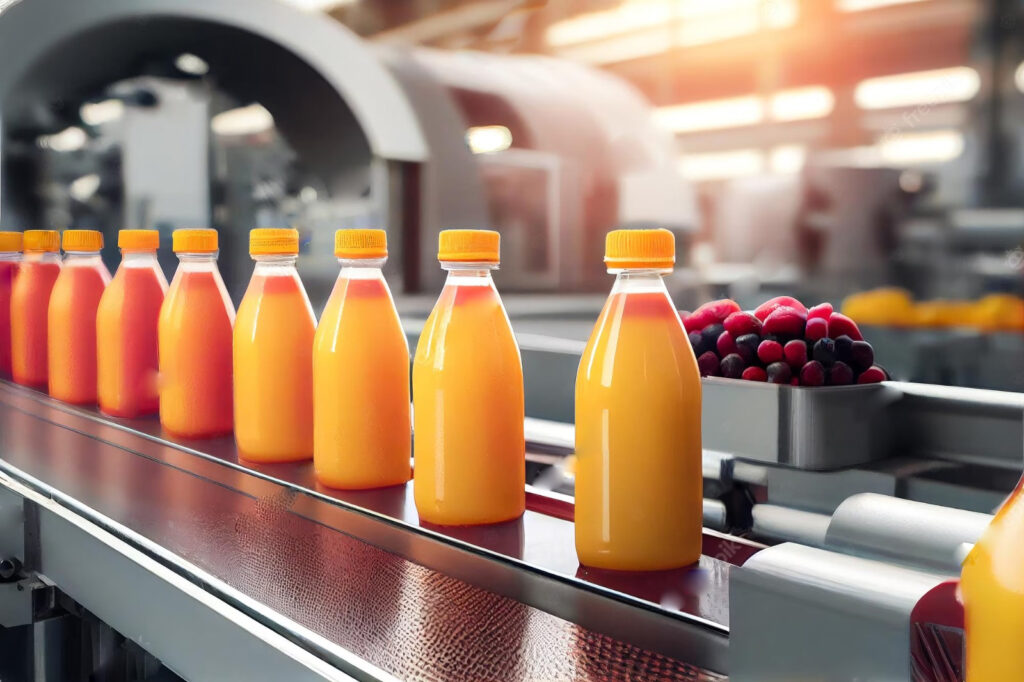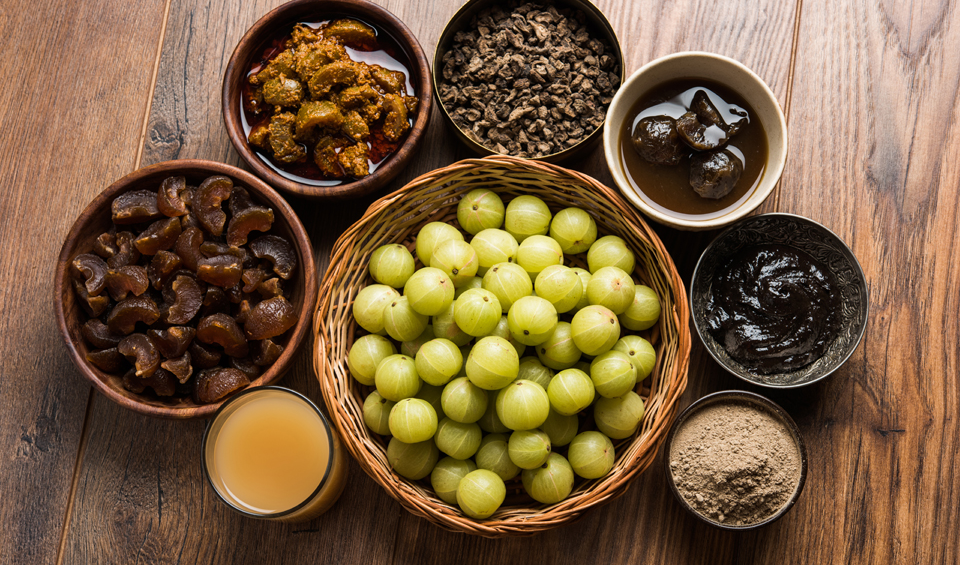Food processing is an essential sector in India since it increases farmer income. The food processing sector has been expanding quickly for a few years and is predicted to do so in the upcoming years. The Indian government has taken a number of steps to support this expansion, such as developing laws that promote investment in the sector and educating consumers about food safety.
Food industry is expected to be worth $ 10 trillion by 2028 and most of this growth will come from developing world. The direct impact of the sub sector on growth and indirect stimulus to other type of economic activity carry important implications for employment, exports, food security and living standards. On an average, agro-industries accounts for about 2% of GDP in developing countries but 9% in developed countries. The value of agro-processing is about three to four times that of agriculture in developed world, while it is typically a fraction of the value of agriculture in developing world.
India ranks first in the world in the production of Milk, Ghee, Pulses, Ginger, Bananas, Guavas, Papayas and Mangoes. Further, India ranks second in the world in the production of Rice, Wheat and several other vegetables & fruits but hardly 2% of the produce is processed. India is the land of spices producing all varieties worth over Rs.3500 Crores amounting to 25-30% of world production, which is processed for value-addition and export. It grows 22 million tonnes of oilseeds covering most of the varieties. Other important plantation products include tea, coffee, cocoa and cashew.
What is food processing?
The process of converting raw ingredients into food or transforming food substances into other goods is known as food processing. Food processing combines components to produce effortlessly prepared, marketable foods that may be consumed on their own or as a component of other meals. The primary purposes of food processing are to:
• Preserve foods and extend their shelf life
• Make foods more convenient to consume
• Enhance the taste, texture and appearance of food
• Improve the nutritional value of foods
The benefits of food processing for farmers
The food processing sector in India supports millions of jobs and is crucial to the country’s economy. Every day, billions of people consume the items that are produced by this industry. Farmers in India depend significantly on the food processing sector for their revenue. 15% of the nation’s GDP is thought to come from this sector. Numerous farmers in rural areas who would be jobless are among the millions of individuals employed by the sector. Farmers can gain greatly from food processing.
As processed foods are frequently more expensive than raw components, it enables them to market their goods for a greater price. Additionally, processing increases the food products’ shelf lives, allowing farmers to continue to sell their produce. Additionally, food processing can increase the value of agricultural goods by reusing current goods to produce fresh, new goods. India’s farmers have a lot of opportunity as a result of the food processing sector.
How does food processing increase farmers’ income?
India’s agricultural economy has always been highly dependent on the food processing sector, which also serves as a major engine for rural development. By giving agricultural products more value and increasing their marketability, it raises farmers’ incomes. Additionally generating jobs in rural areas, food processing aids in the overall economic growth of the nation.
Through a number of measures, including the establishment of food parks, financial support for industry participants, and raising consumer and farmer awareness of the advantages of processed food, the government has been encouraging food processing. By 2025, the food processing sector is predicted to grow by 7% annually.
How does food processing contribute to society and the economy?
The Indian economy and society depend heavily on the food processing sector. It is a major force behind investment, employment and economic progress. Additionally, the sector has made a major impact on the nation’s export competitiveness. Over 4 million people are employed in India’s food processing industry. In India, the food processing sector has also played a significant role in rural development. The sector has significantly contributed to raising farmer incomes and encouraging rural entrepreneurship.
The Challenges faced by the Food Processing Industries in general include:
• There exists gaps in supply chain infrastructure which means inadequate
primary processing, storage and distribution facilities
• Insufficient connection between production and processing
• Seasonality of operations and low capacity utilizations
• Institutional gaps in the supply chain, for instance, there is dependence on
APMC markets
• Lack of focus on quality and safety standards
• Not having enough of product development and innovation
Conclusion
In conclusion, food processing is an excellent chance for farmers in India to increase their revenues. By processing their food products, farmers can increase the value of their harvests and increase the price at which they are marketed. This not only provides farmers’ incomes a much-needed boost, but it also enhances the quality of life in rural areas by giving residents access to jobs and healthier food choices.





